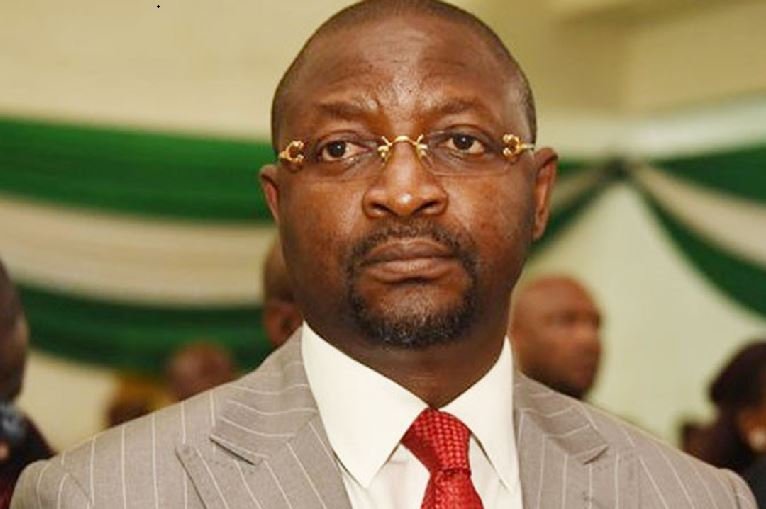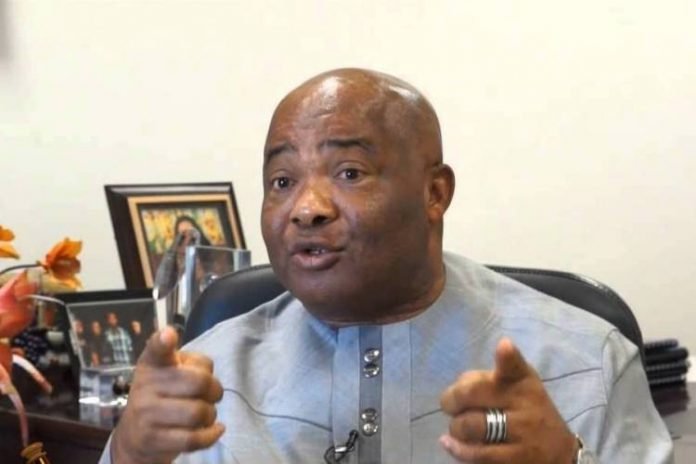The Federal Government announced on Tuesday that the country’s health budget would be boosted by 10%.
Dr. Salma Anas, Special Adviser to the President on Health, made the announcement during the Gate Field 2023 Summit in Abuja.
Anas emphasized President Bola Tinubu’s administration’s commitment to enhancing healthcare systems and increasing Nigerians’ well-being in order to boost productivity.
According to her, the president’s consistent support would promote the development of novel techniques to ensure and produce money for the country’s healthcare sector.
“The President said he will increase the allocation for health to begin at 10% of the total budgetary allocation, which must go to the health sector,” she added. The president will enhance further based on our demonstration of capability to use and an indication of accountability.
“The president is willing to provide us with additional resources because of his vision of reaching 50 million vulnerable Nigerians through insurance coverage.”
Anas went on to say that new Primary Healthcare Centre (PHC) facilities would be built and secondary healthcare facilities would be renovated to serve as a connection and fast referral for the PHC facilities.
She stated that this would allow her to interact with higher institutions in order to provide mentoring in capacity building for optimal healthcare services.
Sugar-Sweetened Beverages (SSBs), according to Dr. Adamu Umar, President of the Nigerian Cancer Society and Co-Chair of the National Action on Sugar Reduction Coalition, lead to noncommunicable illnesses such as type 2 diabetes, cancer, and heart disease.
According to Umar, an estimated 11.2 million Nigerians, or one in every 17 people, have Type 2 diabetes, while per-capita soft drink sales in Nigeria increased from nine million to 14 million between 2007 and 2021.
“Obesity, Type 2 diabetes, and other noncommunicable diseases have staggering direct and indirect costs.” Diabetes is expected to cost 3.5 to 4.5 billion dollars per year in Nigeria, or N300,000 per patient.
“The cost of treating diabetes exceeds Nigeria’s entire health budget,” he stated.
Similarly, Dr. Zainab Bagudu, the founder of the Medicaid Foundation, stated that after much agitation, greater taxation on SBB taxes was implemented in Nigeria in 2022.
“We must continue to advocate so that these funds can be earmarked for the health sector, particularly noncommunicable diseases,” she said, adding, “We must work together to achieve our goal and hope that we will have a very tangible outcome that we can follow through on to improve the health sector and reduce out-of-pocket spending for ordinary Nigerians.”
Ms. Omei Bongos-Ikwue, Gatefield Health Communication Specialist, stated that the summit aimed to spark discussion on greater SSB taxes in order to redirect revenues to the health system.
“What we are advocating for is a 20% tax; currently, the 10% litre tax is about 6.7 percent,” Bongos-Ikwue said. “We ask for a higher tax so that whatever revenue we raise can be substantial, relevant, and channelled to healthcare, where we will feel the difference.”
As a result, she emphasized the importance of implementing governance measures to guarantee accountability processes for the use of SSB tax income.











